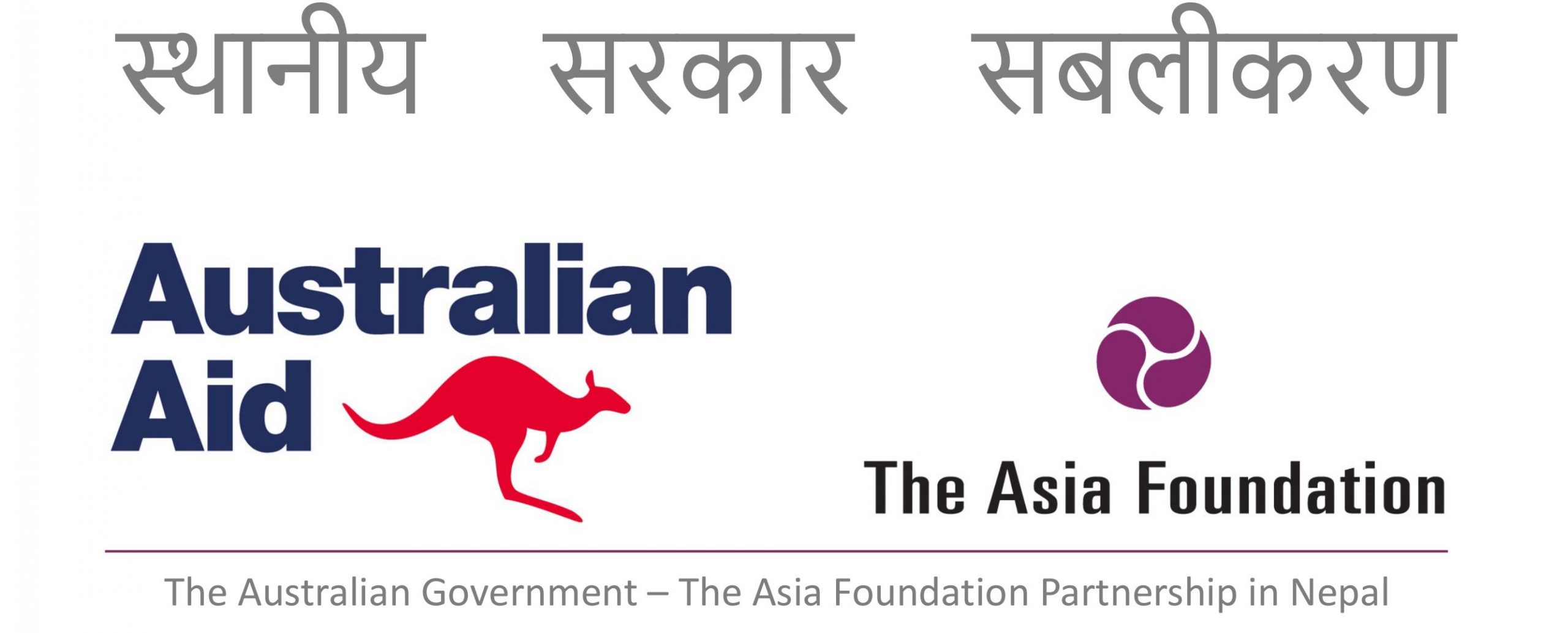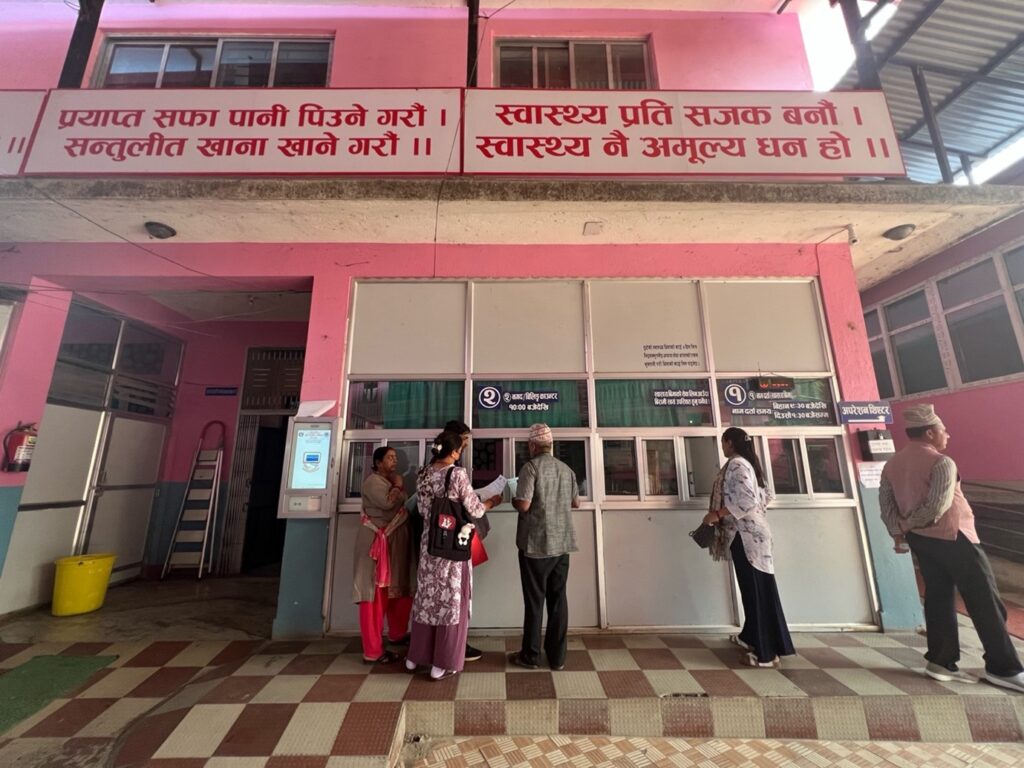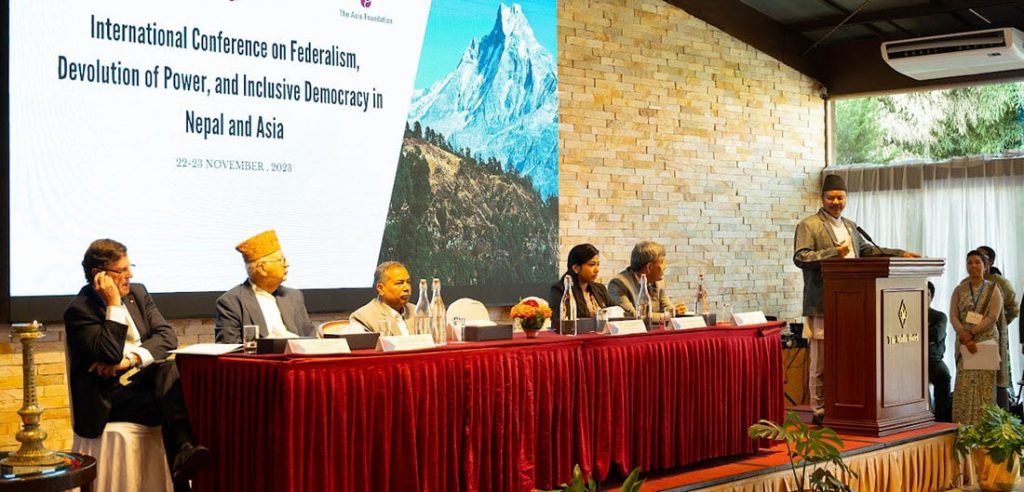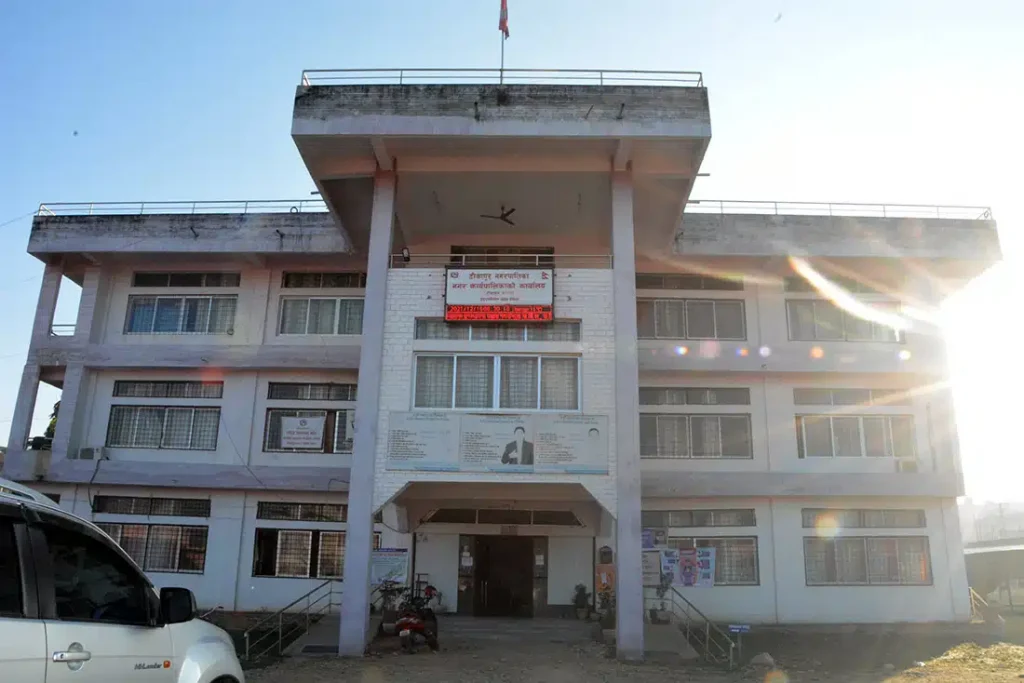Nepal Elections: Why Can’t the Mayor Be a Woman?
Published on May 11, 2022

May 13 will mark a triumphant milestone in Nepal’s transition to federalism, as the first-time local governments elected in 2017 reach the end of their five-year terms, and the nation goes to the polls to elect their replacements. Among the signal achievements of that first cohort of local office-seekers was the groundbreaking participation of women candidates, who got a boost from quotas in the new electoral law. But behind the raw numbers lies a curious fact: almost all of the mayors were men, while almost all of the deputy mayors were women.
Listen to the InAsia podcast with Sumina Karki. She’s the coauthor of an intriguing new study that dissects the stubborn persistence of traditional gender norms in the space where Nepal’s formal electoral system encounters its informal political culture.
Read the report: Beyond “Capacity”: Gendered Election Processes, Networks, and Informality in Local Governments in Nepal, by Seira Tamang, Sumina Karki, Amol Acharya, and Srijana Nepal.
Originally published on asiafoundation.org.



